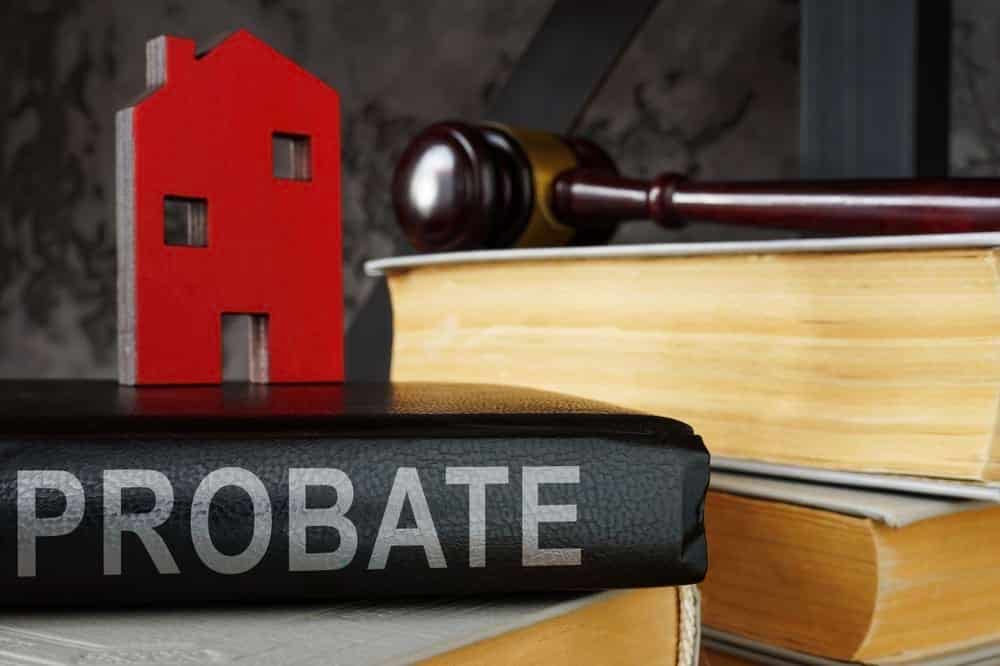Emily Dickinson once wrote:
Hold dear to your parents for it is a scary and confusing world without them.
When they pass away, grief is further complicated by the probate process.
Often, children don’t understand what they’re entitled to.
And when selling probate property, deep rifts between siblings can appear.
Inheritance scenarios
If there is a will with a sole beneficiary
In most cases, the deceased’s will dictates how they want their assets distributed.
(Assuming they have not already transferred home ownership to family whilst alive.)
In this case, there might be a single beneficiary. If so, inheriting a home is straightforward.
If there is no valid will
When there is no will, the property is shared according to specific rules and guidelines.
These are therules of intestacy.They prioritise beneficiaries in the following order:
- Spouse or civil partner
- Children or grandchildren
- Parents.
It’s important to note that the courts don’t consider age, relationships, or estrangement. All children of the deceased will receive an equal share of the property.
If there is a will with joint beneficiaries
If you and your siblings are joint beneficiaries, you must agree how to move forward.
Disagreements can arise in some cases. Sometimes, these lead to lengthy, complicated, and expensive legal proceedings.
Trying to reach a mutual agreement with your siblings first will save you time, money, and stress in the long run.
Rules on properties
Regardless of the will scenario, there are rules around probate property, including:
- It must be valued for probate
- Nothing can be removed from it during probate
- No one can live in it (unless the executor with grant of probate allows it)
- The probate process is complete (this can take between 6 – 12 months on average).
Options for siblings who jointly inherit property
1. Keep the property
Depending on each situation, it might be more favourable to do one of the following:
- Keep the property and either live in it
- Rent it out to tenants
- Use the property on a timeshare basis
2. Sell the property
Selling is often the most straightforward option. Siblings can then split the profit equally.
Selling also helps if siblings can’t afford the probate property’s mortgage.
3. Buy each other out
If one sibling wants to live in the property, they can buy the others out. Or they could allow the other siblings to recoup a share of the profit once the property is sold.
(Beneficiaries of wills can live in properties during probate under certain conditions).
Alternatively, one sibling can buy the others out and either rent the property out or keep it as a second home.
4. Force a sale
Deciding how to proceed with an inherited property is often complicated.
Sometimes, a sibling already lives in the property and refuses to move out.
Sometimes, one sibling wants to sell, and the other doesn’t. When siblings cannot agree, the sibling who wants to sell the property can ask the will’s executors to force a sale in court.
This gets done under the Trusts of Land and Appointment of Trustees Act 1996.
Unique cases
Adopted children
Questions often arise when adopted children or step-siblings are involved.
Adopted and biological children have the same rights under the rules of intestacy.
Step and foster children
Stepchildren and foster children are not recognised under the rules of intestacy. So, if they are not in the will, they have no legal claim to the property.
This might not stop them from taking legal action to secure their stake in the assets.
Children under 18 years old
If some (or all) children inheriting their parent’s property are under 18, the same rules and options apply.
But the beneficiaries will get access to the funds from the sold property when they turn 18.
Younger siblings might be happy to let their older siblings take the lead on what to do with the property.
But that doesn’t change the fact that they have an equal stake in whatever money is made from the result.
Costs for the beneficiaries
Mortgages pass onto beneficiaries when they inherit a property.
And inherited properties are often liable for capital gains tax. The exception is if they are the inhabitant’s (/inhabitants’) primary home.
Sell probate property quickly with We Buy Any Home
We Buy Any Home are cash house buyers.
We offer a convenient, quick way to sell your property after probate.
We buy your property in any condition or time frame. No fees, no hassles and no delays.



















